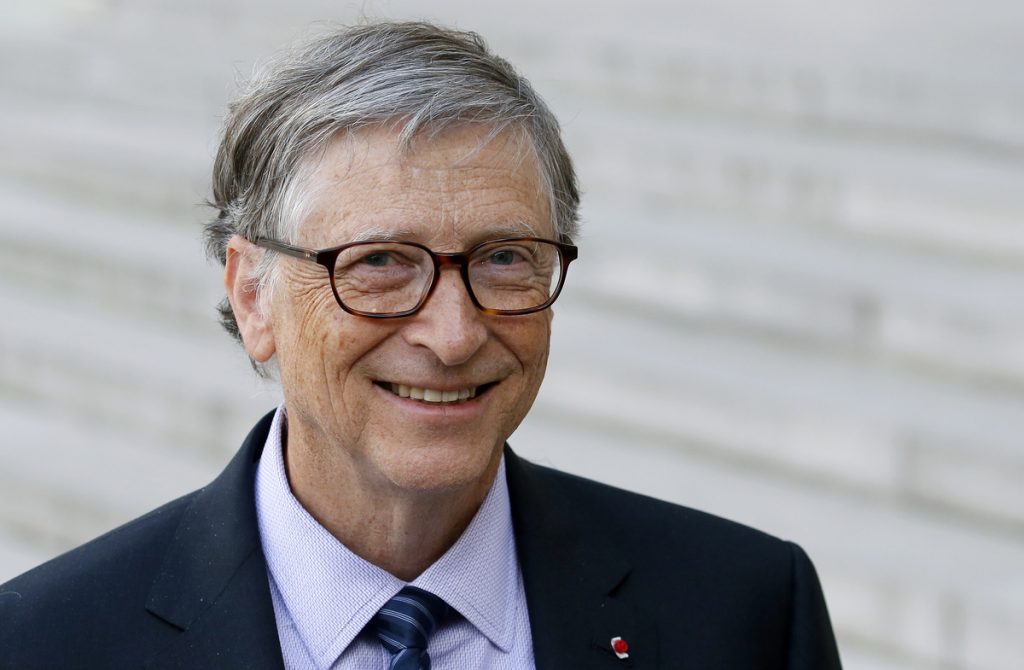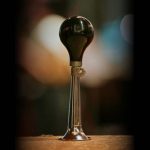Bill Gates recently shared his favorite books of 2019. The list was an eclectic mix of fiction and nonfiction books, including one title that he said put him to sleep — in a good way.
“Why We Sleep” is a book written by Matthew Walker, a sleep expert and the director of University of California Berkeley’s Center for Human Sleep Science. Gates wrote that reading the book made him re-think his own sleep practices.
“Walker taught me a lot about this basic activity that every person on Earth needs,” Gates wrote on his blog.
In fact, Gates used to think very differently about sleep. During his early days at Microsoft, Gates would pull all-nighters, sometimes multiple nights in a row, to finish projects or meet deadlines.
“We were hardcore about hey, if you are working on a piece of code, then just get it done, don’t worry about sleep,” Gates said in the Netflix documentary “Inside Bill’s Brain.” Gates was in his 20s when he founded Microsoft with his friend and classmate, Paul Allen.
But the effects of skimping on sleep — sleepiness, inability to concentrate, fatigue and poor decision-making — eventually caught up to Gates.
“I knew I wasn’t as sharp when I was operating mostly on caffeine and adrenaline, but I was obsessed with my work, and I felt that sleeping a lot was lazy,” Gates wrote on his blog.
Now, at 64, Gates needs to sleep a full seven hours to feel creative and happy the next day, he said.
Gates wrote that people “almost certainly” need seven to eight hours a night, “even if you’ve convinced yourself otherwise.” (That’s backed by science: The American Academy of Sleep Medicine recommends that adults need seven or more hours of sleep per night.)
And sleep is far from lazy; your body needs it to function.
“Sleep services all aspects of our body in one way or another: molecular, energy balance, as well as intellectual function, alertness and mood,” Merrill Mitler, a sleep expert and neuroscientist told the National Institute of Health.
As Gates puts it in his blog, “sleep greatly enhances our evolutionary fitness — just in ways we can’t see.”
If you find that your ambition also gets in the way of your shut-eye, or if you simply are part of the 30% of adults who suffer from insomnia, Gates provided some tips from the book that helped him become a better sleeper.
For starters, Gates recommended getting rid of any LED light bulbs in your bedroom. They emit more blue light than traditional bulbs, which may affect your sleep-wake cycle. Temperature is another key aspect of your sleep environment, because your body temperature decreases to initiate sleep. Gates noted that 65 degrees seems to be the sweet spot, and research confirms that this is true.
Drinking alcohol to fall asleep is not a great habit, Gates wrote. Booze has been shown to decrease deep sleep, according to the Mayo Clinic.
Finally, Gates suggested taking a “short midday nap” before 3 p.m. (Napping too late in the day will make it harder to fall asleep at night, according to the Mayo Clinic).
“It will likely improve your creativity and coronary health as well as extend your lifetime,” Gates said.
source: https://www.cnbc.com/
MARKETING Magazine is not responsible for the content of external sites.











